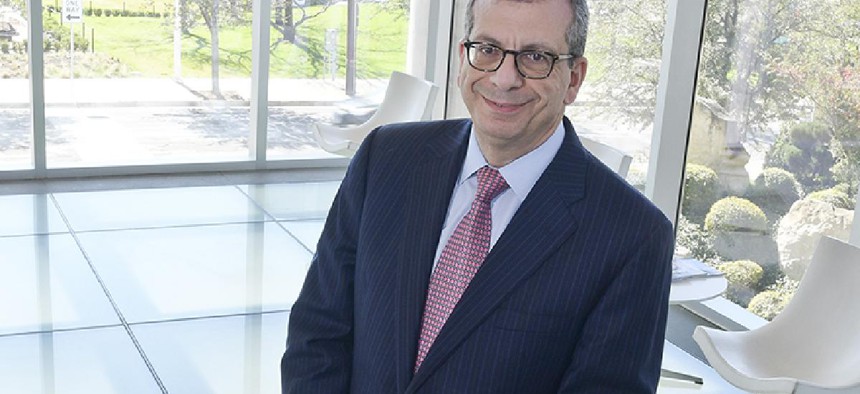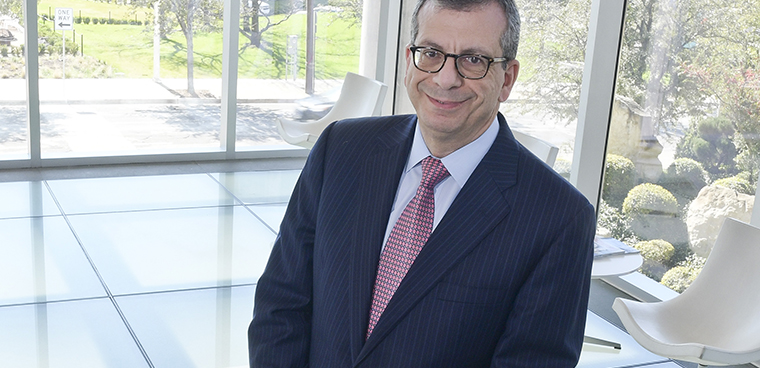Peter Altabef: Aiming high

The U.S. needs a “whole-of-nation” approach to cybersecurity. Unisys' CEO stepped up to lead that effort.

As chairman and CEO of Unisys, Peter Altabef is no stranger to federal IT. His company has provided the government with everything from mainframe computers to cutting-edge security services for decades, and his own involvement stretches back to the early 1990s, long before he took the helm at Unisys in 2015.
Last year, however, he raised that engagement to new levels by leading the National Security Telecommunications Advisory Committee's Cybersecurity Moonshot initiative. Altabef co-led an NSTAC subcommittee with Mark McLaughlin, then-CEO of Palo Alto Networks, that was tasked with developing a comprehensive, "whole-of-nation" cybersecurity vision for the White House. Using President John F. Kennedy's 1961 challenge as inspiration, the goal is both simple and audacious: Make the internet safe and secure by 2028.
Over the course of several months, Altabef led a group of 22 technology executives and dozens of experts from industry and government to draft a roadmap that first outlines the risks to U.S. national security and the global economy, then makes a series of specific recommendations to work toward that 10-year goal.
The group hosted 28 expert briefings, 45 subcommittee meetings, and a session that included the full subcommittee and senior Department of Homeland Security officials. Altabef also worked aggressively to raise public awareness of the challenge, and he and McLaughlin presented the draft report — which was unanimously approved by NSTAC members — to President Donald Trump in November 2018.
Altabef is the first to admit that a report is only the beginning. As the document itself states, success "will require strong national leadership, political will and a sustained whole-of-nation involvement over an extended period." And although Kennedy at least knew where the moon would be a decade hence, Altabef noted in a recent interview, that "the thing we're trying to protect is a moving target…. Those key technologies will accelerate at a rate that we can't precisely know today."
For Altabef, however, that's all the more reason to move now and execute a holistic strategy that stresses education, policy and privacy as much as technology. The nation, he argued, needs "to take the long view of this. We can't be playing catch-up all the time."


